Best Foods to Eat When Sick
When illness strikes, it’s crucial to fuel our bodies with the right nutrients to aid recovery and alleviate symptoms. Proper nutrition plays a vital role in boosting our immune system and providing the energy needed to fight off infections. In this article, we’ll explore the best foods to eat when sick, focusing on hydration, easy-to-digest options, immune-boosting foods, and more.
Introduction
Being sick can leave us feeling drained and fatigued, but paying attention to what we eat can make a significant difference in how quickly we recover. Proper nutrition supports our body’s natural defenses and helps us bounce back from illness more effectively.Lets start to explore best foods to eat when sick.
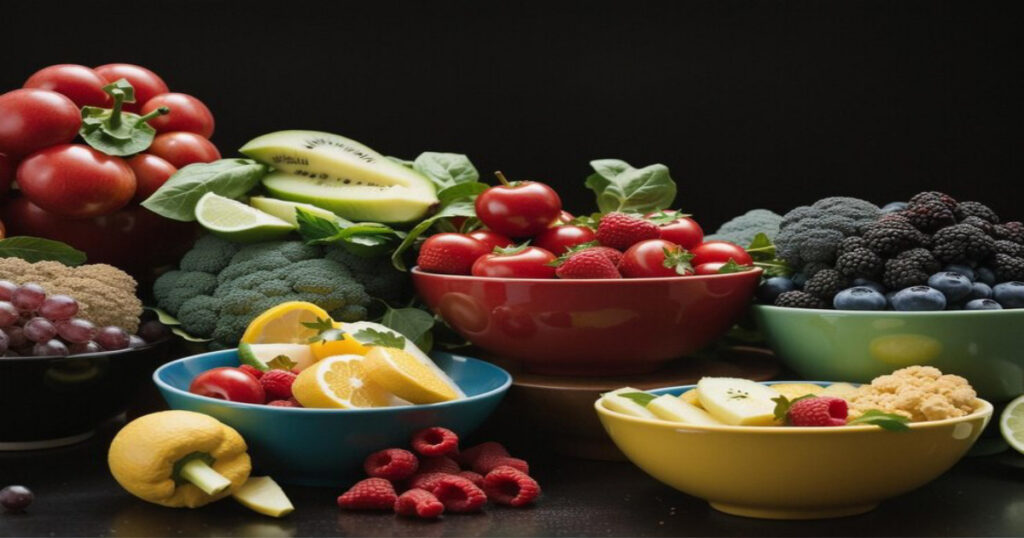
Table of Contents
Hydration
Staying hydrated is essential when we’re sick. Dehydration can worsen symptoms and prolong recovery time. Opt for clear fluids like water, herbal teas, and electrolyte-rich drinks to replenish lost fluids and keep our bodies hydrated.
Easy-to-Digest Foods
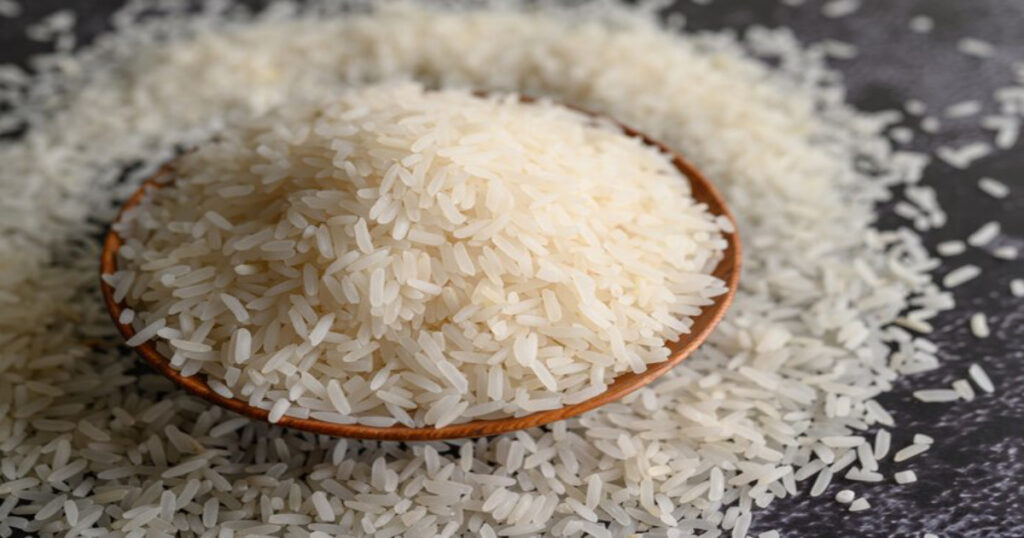
Stick to gentle, easy-to-digest foods when you’re feeling under the weather. These foods are mild on the stomach and won’t aggravate digestive issues:
- Bananas: Easily digestible and provide a good source of potassium and energy.
- Rice: white rice is light on the stomach and provides nutrients for energy.
- Plain toast: Simple carbohydrates from white bread can provide quick energy without upsetting the stomach.
- Applesauce: Soft and easy to swallow, applesauce provides vitamins and natural sweetness.
- Boiled potatoes: Boiling potatoes makes them softer and easier to digest while still providing carbohydrates for energy.
Immune-Boosting Foods
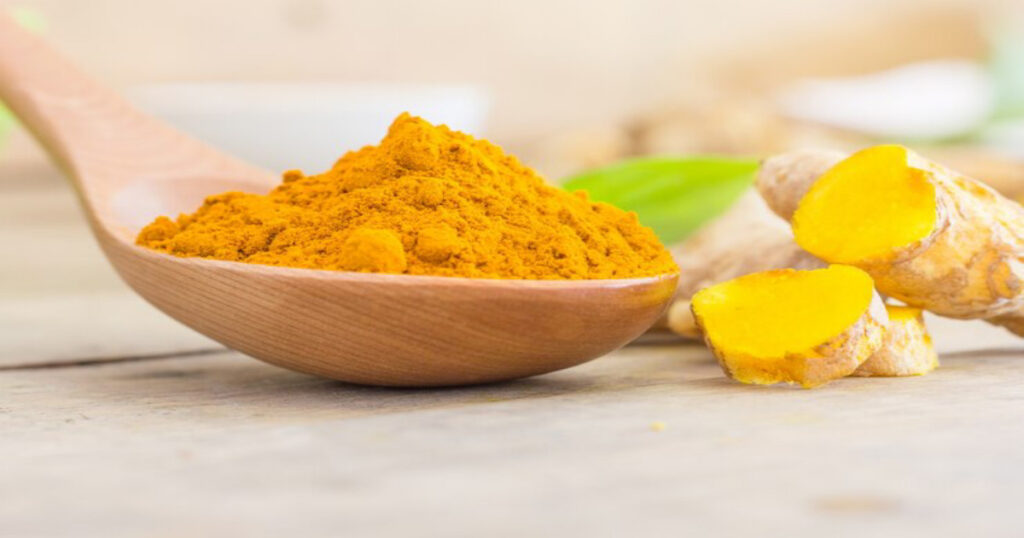
Boost your immune system with nutrient-rich foods that enhance your body’s natural defenses:
- Garlic: Contains allicin, a compound with immune-boosting properties.
- Ginger: Known for its anti-inflammatory and antioxidant properties, ginger can help strengthen immunity.
- Turmeric: Contains curcumin, which has powerful anti-inflammatory and antioxidant effects.
- Citrus fruits: Rich in vitamin C, which supports immune function and helps fight off infections.
- Almonds: Packed with vitamin E, an antioxidant that enhances immune function.
Foods Rich in Antioxidants
Incorporate these antioxidant-rich foods into your diet to reduce inflammation and support recovery:
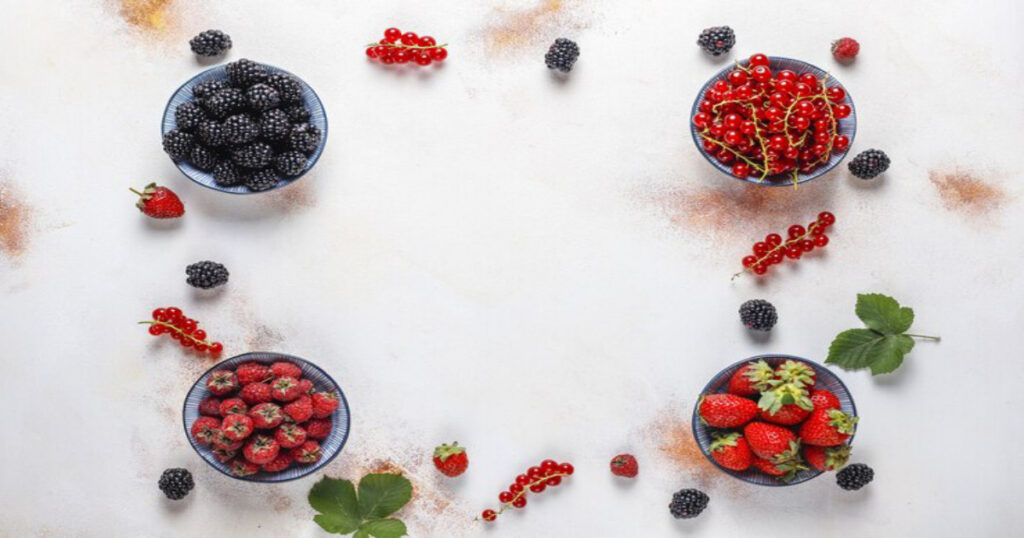
- Berries (blueberries, raspberries, strawberries): Packed with antioxidants called flavonoids, which have anti-inflammatory and immune-boosting properties.
- Spinach: High in vitamins A and C, as well as antioxidants like beta-carotene, lutein, and zeaxanthin.
- Kale: Contains vitamins A, C, and K, as well as antioxidants like quercetin and kaempferol.
- Dark chocolate: Rich in antioxidants called flavonoids, which have been shown to improve immune function.
- Pecans: High in antioxidants like ellagic acid and vitamin E, which help protect cells from damage.
Vitamin C-Rich Foods
Get a dose of vitamin C to strengthen your immune system and fight off illness with these foods:
- Oranges: A classic source of vitamin C, oranges also provide hydration and natural sweetness.
- Kiwis: Packed with even more vitamin C than oranges, kiwis are also rich in fiber and antioxidants.
- Broccoli: Contains high levels of vitamin C, as well as other nutrients like fiber, folate, and antioxidants.
- Strawberries: Bursting with vitamin C and other antioxidants, strawberries are delicious and versatile.
- Bell peppers: Provide a hefty dose of vitamin C, along with other vitamins and minerals.
Zinc-Rich Foods
Support your immune response and shorten illness duration by including these zinc-rich foods in your meals:
- Lean meats (chicken, turkey): Excellent sources of zinc and high-quality protein.
- Shellfish (oysters, crab): Some of the most zinc-rich foods available.
- Legumes (beans, lentils): Vegetarian sources of zinc that also provide fiber and protein.
- Seeds (pumpkin seeds, sesame seeds): Packed with zinc and other essential nutrients.
- Nuts (cashews, almonds): Provide zinc along with healthy fats and protein.
Probiotic Foods
Maintain a healthy gut microbiome and bolster your immune defenses with these probiotic-rich foods:
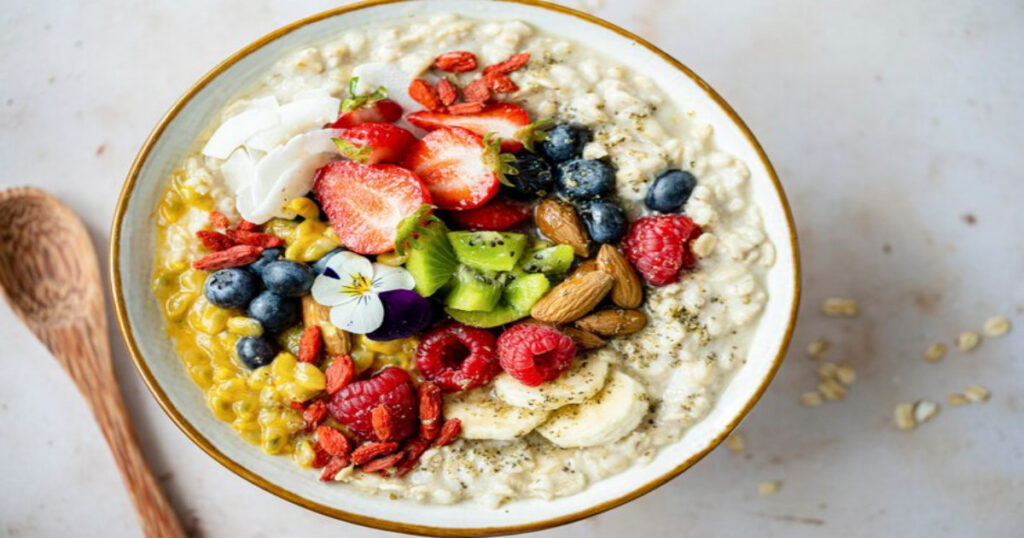
- Yogurt: Contains live cultures of beneficial bacteria that support gut health and immunity.
- Kefir: A fermented dairy drink rich in probiotics and nutrients like calcium and vitamin D.
- Kimchi: A Korean fermented vegetable dish that provides probiotics along with vitamins and minerals.
- Sauerkraut: Fermented cabbage that’s high in probiotics and fiber.
- Miso: A traditional Japanese seasoning made from fermented soybeans, barley, or rice, rich in probiotics and antioxidants.
Comfort Foods
Find comfort in familiar favorites that nourish both body and soul during illness:
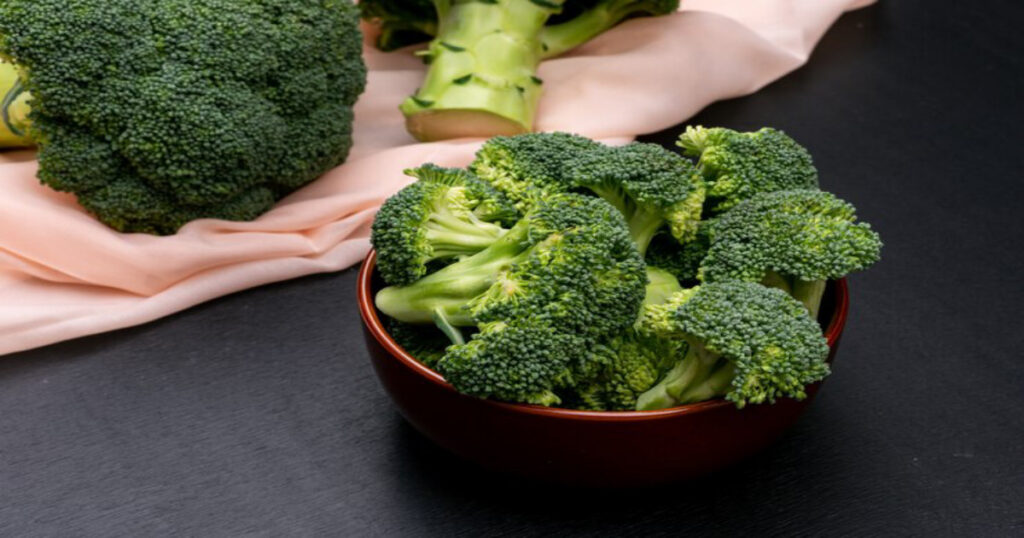
- Chicken soup: Provides hydration, electrolytes, and nutrients from the broth, vegetables, and chicken.
- Mashed potatoes: Easy to swallow and gentle on the stomach, mashed potatoes are comforting and nutritious.
- Oatmeal: Warm and soothing, oatmeal provides fiber, carbohydrates, and nutrients to keep you full and satisfied.
- Broth-based soups: Light and easy to digest, broth-based soups provide hydration and nutrients without being too heavy.
- Herbal teas: Calming and hydrating, herbal teas can soothe sore throats and provide comfort during illness.
Foods to Avoid
Steer clear of foods that may exacerbate symptoms and prolong recovery:
- Greasy foods: Can worsen nausea and digestive discomfort.
- Spicy foods: Irritate the stomach and exacerbate gastrointestinal symptoms.
- Dairy products: Some people find dairy products to be mucus-forming and aggravating to respiratory symptoms.
- Sugary snacks: Cause fluctuations in blood sugar levels and provide little nutritional value.
- Fried foods: High in unhealthy fats and can be difficult to digest, worsening digestive issues.
Conclusion
When we’re sick, proper nutrition can make a world of difference in how quickly we recover and how severe our symptoms are. By focusing on hydrating fluids, easy-to-digest foods, immune-boosting nutrients, and comforting meals, we can support our body’s natural healing processes and get back on our feet sooner.If you love our article visit to read more.
FAQs
- Can I still enjoy my favorite foods when I’m sick?
- While it’s okay to indulge in your favorite foods in moderation, it’s essential to prioritize easy-to-digest, nutrient-rich options to support your body’s recovery.
- How can I stay hydrated if I don’t feel like drinking water?
- If plain water doesn’t appeal to you, try sipping on herbal teas, electrolyte-rich drinks, or adding slices of fruit to your water for flavor.
- Are there any supplements I should take when I’m sick?
- Before taking any supplements take advice from healthcare professionals. However, vitamin C, zinc, and probiotics are commonly recommended to support the immune system during illness.
- Is it okay to eat spicy foods when I have a sore throat?
- Spicy foods can irritate a sore throat and worsen symptoms. It’s best to avoid them and opt for soothing, easy-to-digest foods instead.
- How long should I wait after being sick before returning to my normal diet?
- Listen to your body and gradually reintroduce foods as your symptoms improve. Start with bland, easy-to-digest options before transitioning back to your regular diet.

